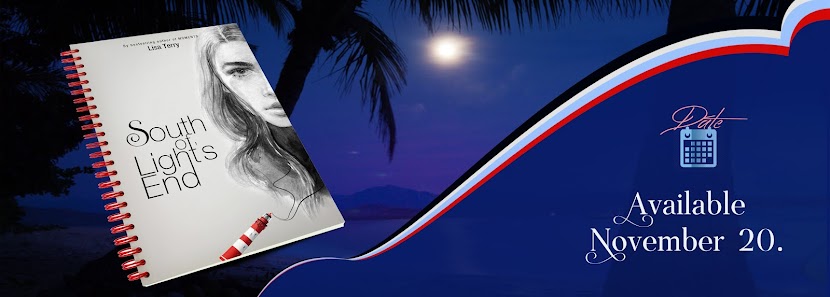Welcome to part III on Active Reading. If you've missed the other two they are here and here
Why do we care about active reading? Because it helps us analyze what we like and emulate it.
Why do we care about active reading? Because it helps us analyze what we like and emulate it.
When we’re reading something we really like, we should try to glean as much as we can from it. Of course a novel should be entertaining to read, but it can also be a learning experience when we analyze the text. That’s easier said than done. How do we keep from losing ourselves in the story, you ask.
Constantly ask yourself questions. While you’re reading, the trick is to find ways to emulate the author’s success. Did a certain phrase make you smile, or did a group of sentences push you along to read faster? Analyze it and take notes (yes, keep a notebook handy or be prepared to highlight or bookmark your ereader). Do you find yourself mad or sad about a particular character’s action or a scene? That’s a good thing. Analyze why the scene pulled so much emotion from you. Look harder at what works and try to see why it works.
Still afraid you’ll be lost in the story and forgetting to ask those questions? Make a book mark with those questions on it. Every time you turn the page your eyes will go to it, see that list. That’s your time to analyze. If you’re on an ereader, just have a piece of paper for your fingers to fiddle with while you’re reading. On the piece of paper have the word: WHY? Because that’s the true question – why did I like that, why did that give me feels, why didn’t that do it for me as that should have been an emotional moment.
I used to love reading a book in which the characters goal is made clear, and his or her motivations for reaching that goal are obvious and believable. It’s part of the very successful GMC (goal, motivation, conflict) approach. Those three things are key to a successful book, but they can also come off as formulaic when it’s spelled out to the reader. Nowadays, I’m really happy when I come across a novel that has put forth the GMC in a new and exciting way. It challenges me to push harder to come up with an even more unique approach to achieve the GMC. There lies the challenge. Being challenged is a good thing when you’re aspiring to become a better writer. If you’ve read this far, I’m assuming that’s your ultimate goal.
One of your current goals in analyzing published novels should be to note the characters goals, their motivations and the conflict the author throws their way until you’ve mastered the process. When you've learned to spot GMC, writing GMC becomes as easy as tying your shoes, and it'll be easier to come up with different approaches.
Constantly ask yourself questions. While you’re reading, the trick is to find ways to emulate the author’s success. Did a certain phrase make you smile, or did a group of sentences push you along to read faster? Analyze it and take notes (yes, keep a notebook handy or be prepared to highlight or bookmark your ereader). Do you find yourself mad or sad about a particular character’s action or a scene? That’s a good thing. Analyze why the scene pulled so much emotion from you. Look harder at what works and try to see why it works.
Still afraid you’ll be lost in the story and forgetting to ask those questions? Make a book mark with those questions on it. Every time you turn the page your eyes will go to it, see that list. That’s your time to analyze. If you’re on an ereader, just have a piece of paper for your fingers to fiddle with while you’re reading. On the piece of paper have the word: WHY? Because that’s the true question – why did I like that, why did that give me feels, why didn’t that do it for me as that should have been an emotional moment.
I used to love reading a book in which the characters goal is made clear, and his or her motivations for reaching that goal are obvious and believable. It’s part of the very successful GMC (goal, motivation, conflict) approach. Those three things are key to a successful book, but they can also come off as formulaic when it’s spelled out to the reader. Nowadays, I’m really happy when I come across a novel that has put forth the GMC in a new and exciting way. It challenges me to push harder to come up with an even more unique approach to achieve the GMC. There lies the challenge. Being challenged is a good thing when you’re aspiring to become a better writer. If you’ve read this far, I’m assuming that’s your ultimate goal.
One of your current goals in analyzing published novels should be to note the characters goals, their motivations and the conflict the author throws their way until you’ve mastered the process. When you've learned to spot GMC, writing GMC becomes as easy as tying your shoes, and it'll be easier to come up with different approaches.


